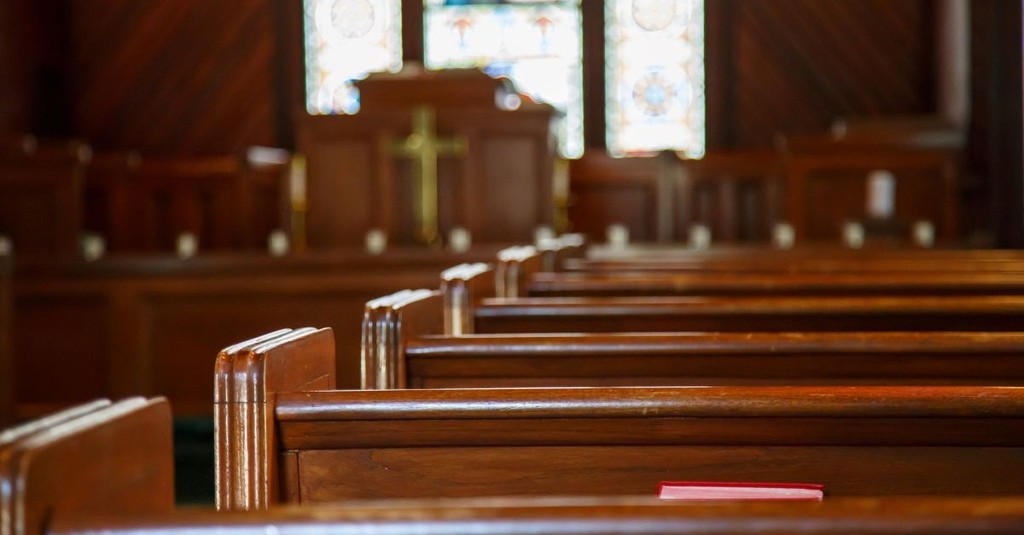
Christadelphians are a small Protestant sect of Christianity that was founded in the19th century by John Thomas. Thomas was born in England and eventually emigrated to America in 1832. After Thomas questioned the authenticity of the Anglican church, he came to the conclusion that there was no need for any priests, liturgy, or communion. During his time in America, Thomas became part of a religious community and began to develop his own theology based on his study of Scripture. He wrote a book called Elpis Israel, published in 1849. This theological work provides context on what Christadelphians believe.
Thomas believed many modern churches had departed from the early church communities of the first century. Through his writings, publications, and speaking tours, Thomas came to influence thousands of people. This community of his followers became known as “Christadelphians” and was officially founded in 1848. The name of the religious community means "brothers and sisters in Christ" in the original Greek.
Photo credit: ©GettyImages/dbvirago
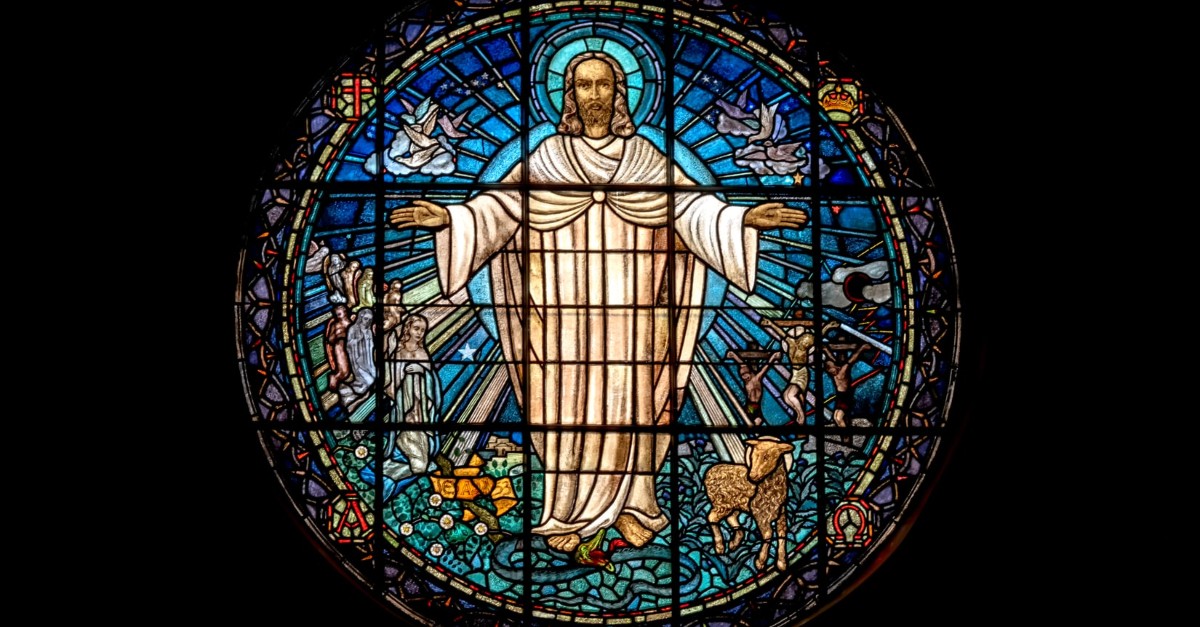
What Do Christadelphians Believe about God and Jesus?
Christadelphians do believe in Christian monotheism. This belief is central to all Christians and is included in the Nicene and Apostles Creeds. However, Christadelphians reject the belief of the Trinity--the Father, the Son, and the Holy Spirit being one and the same. This trinitarian belief was formed toward the end of the fourth century by some of the early church fathers and was debated about in the first days of Christianity. The doctrine of the Trinity is one of the most important beliefs of biblically orthodox Christianity. Though Christadelphians do not adhere to belief in the Trinity, they do believe that there is only one God, and that though Jesus is not part of the Trinity, He was still the Messiah and both human and divine.
Photo credit: Unsplash
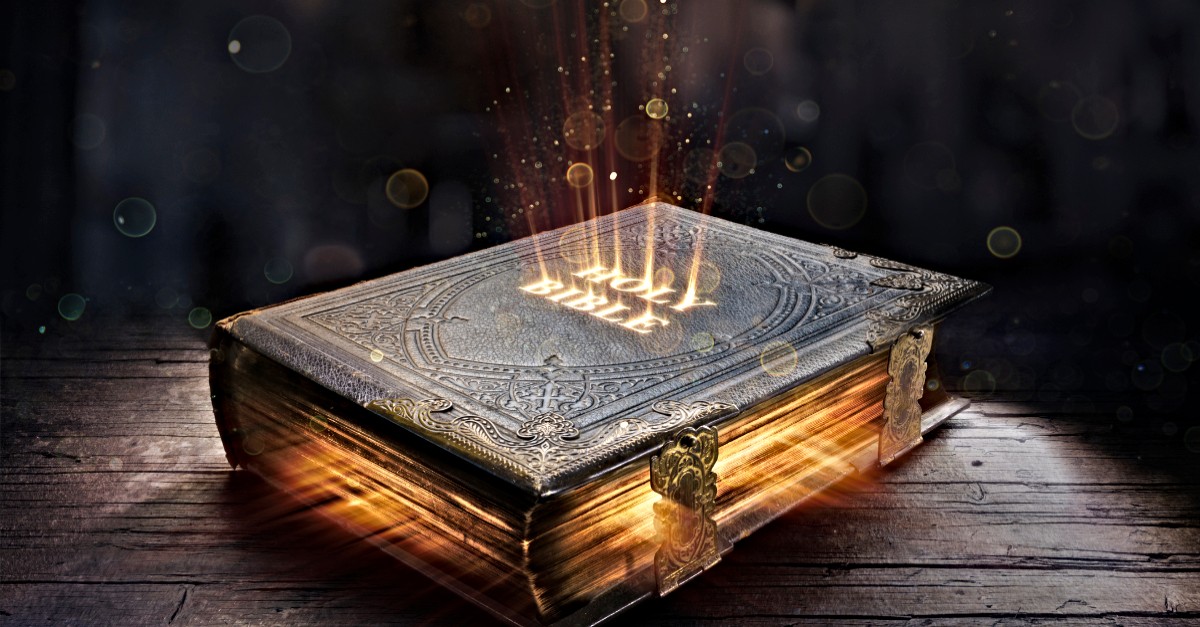
How Do Christadelphians View the Bible?
Christadelphians believe that the Bible is the inerrant, inspired Word of God and, therefore, the ultimate authority for the Christian life. Christians have debated about Scripture interpretation over the centuries. One of the reasons Protestant churches arose is their rejection of the Roman Catholic Church as the ultimate authority and their belief in sola scriptura, which is Latin for “scripture alone.”
The Christadelphians take the reading and study of Scripture very seriously in attempting to live out the teachings of Jesus. In their mission to glorify God, they refrain from denominational feuds and instead try to live as the early church did in the first century. Their communities meet in different buildings, just as the early church met in different places, whether it was a synagogue, someone’s home, or in some other location.
Photo credit: ©GettyImages/RomoloTavani

What is the Christadelphian View of Salvation?
Belief about the role of baptism has been debated about amongst Christians for hundreds of years. The Christadelphian belief is that baptism is not something metaphorical or symbolic, but that it is a partaking in the redemptive act of Christ, showing how salvation is possible through the power of the cross.
Salvation to the Christadelphians is not a belief about being saved so one’s immortal soul can spend eternity in heaven with Christ. They reject belief in Satan, and in the immortal soul destined for either heaven or hell. Instead, the Christadelphian belief is that the saved will live with Christ when He returns at the second coming.
The Christadelphian view of salvation is in contradiction to biblically orthodox Christianity. In the biblical view, Christ came to save humanity from the powers of sin, hell, and darkness. Because Christ’s sacrifice on the cross was sufficient, there is hope for anyone willing to bow the knee and confess with their heart and mind that Jesus Christ is Lord.
Photo Credit: ©iStock/Getty Images Plus/Tinnakorn Jorruang

Do Christadelphians Believe in the Holy Spirit?
Christadelphians believe that the Holy Spirit does speak to Christians. In their view, the Holy Spirit is not a person of a triune God but a power that convicts of sin, brings healing, works miracles, and brings hope in times of great need.
With this said, the Christadelphians do not believe that the Holy Spirit is one of the three-person parts of the Trinity. Instead, they believe the Holy Spirit is an active force from God, working to fulfill His purposes. They see the Spirit as a manifestation of God’s power rather than a distinct person, emphasizing its role in divine action and communication. For Christadelphians, the Holy Spirit’s work is deeply practical, inspiring believers to live holy lives and providing strength during trials, all while operating as an extension of God’s will rather than as an independent member of the Trinity.
Photo credit: ©GettyImages/SDenisov
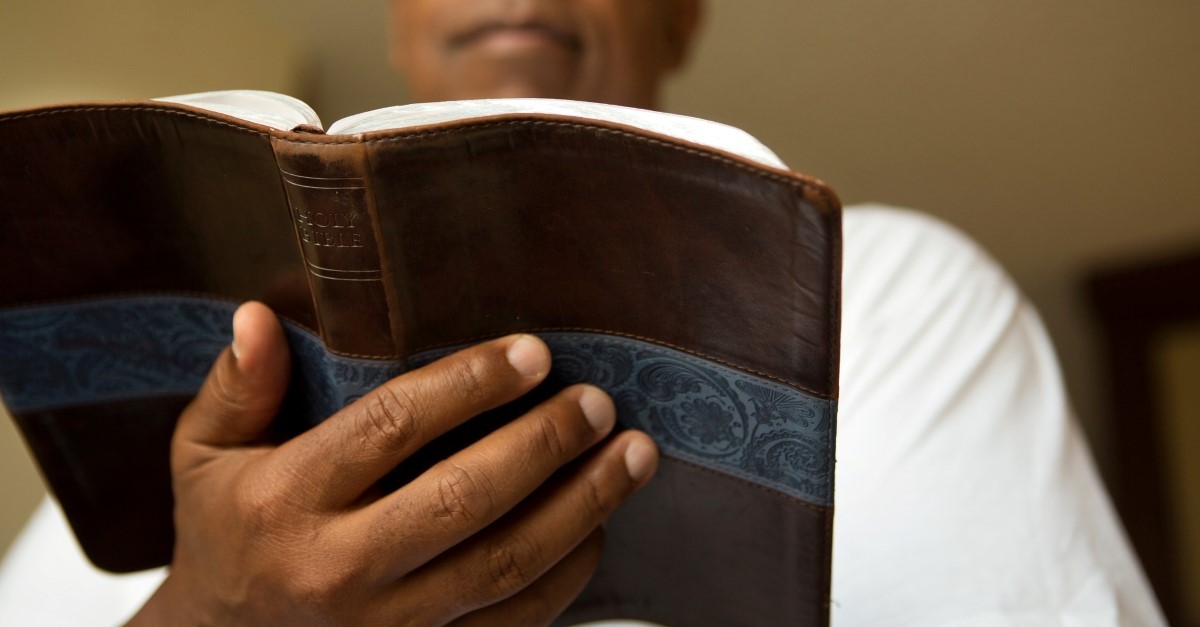
How Do Christadelphians Practice Their Faith?
Unlike mainstream Christian communities, Christadelphians do not have a structured hierarchy of a pastor or priest who is the head of a parish or congregation. The Christadelphian belief is that everyone who is part of the body of Christ is a priest, and therefore, there is no need for a mediator between Christ and humanity.
The study of Scripture, helping the poor, promoting education, and missionary work are all important for Christadelphians. They appoint their leaders called "servants" by election, which is based on how the early church elected leaders.
Christadelphians believe that baptism is essential for salvation, as outlined in their statement of faith, written by Robert Roberts. Without being baptized or agreeing to their statement of faith, one cannot be part of the Christadelphian community.
Though Christadelphians do not believe that the use of tobacco and alcohol is inherently a sin, they abstain from the use of both and place more focus on living a good moral life that honors Christ until His return to establish the Kingdom of God on the earth. The Christadelphians also avoid being associated with any political party but rather govern themselves. This helps them avoid any hierarchal structure, such as in the Roman Catholic Church of The Church of England.
Photo credit: ©Getty Images/digitalskillet
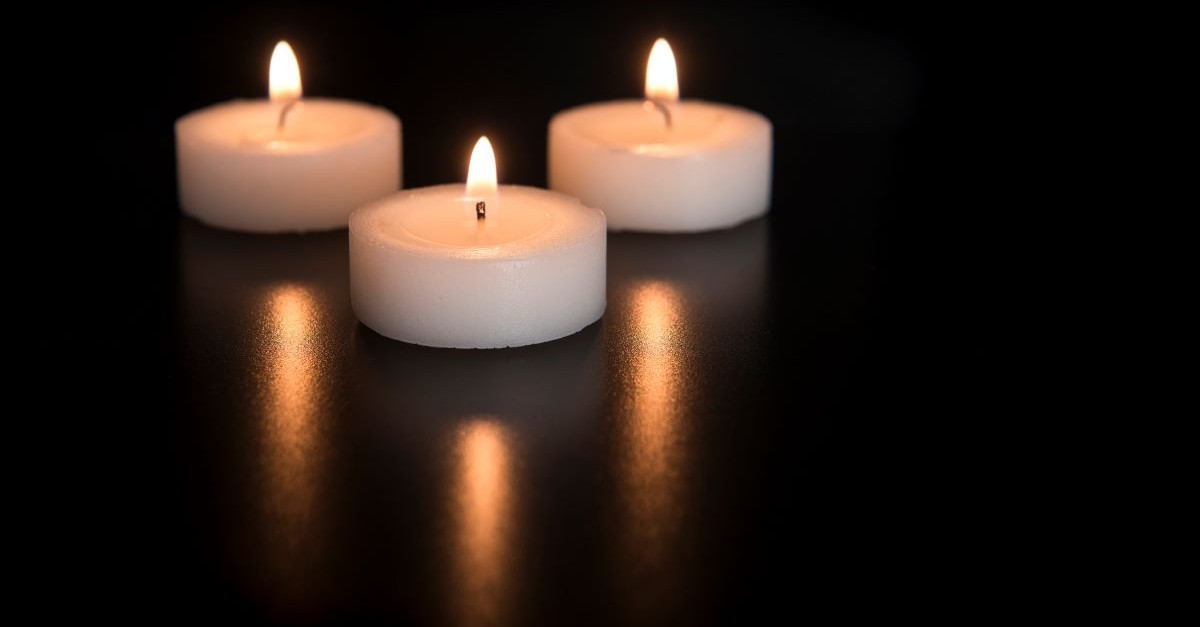
What Makes Christadelphians Different from Other Christian Groups?
Most Christian communities around the world believe in the Trinity, the authority of Scripture, Heaven and Hell, the Virgin Birth, the second coming, and Jesus’ death and resurrection. Christadelphians differ from these core beliefs by not believing in a literal hell, the Trinity, and that the kingdom of God will be on the earth.
Another interesting distinction between mainstream Christianity and Christadelphians is that they believe the second coming of Christ will happen very soon. At the return of Christ, He will reign for a thousand years before the great battle of Armageddon. Most Christian groups believe that the second coming will happen, but do not have any clear idea of when it will be, and all that it will entail. The Book of Revelation is quite complex in its allegory, symbolism, and apocalyptic language and has been debated over by Christians for hundreds of years, leading to different interpretations.
Two of the biggest reasons why Christadelphians are outside of mainstream Christianity is their rejection of the Trinity and the immortality of the soul. Orthodox, Anglican, and Catholic communities all believe in the Trinity, as well as the immortality of the soul, based off the teachings of Jesus, the apostles, the early church fathers, and the Nicene and Apostles Creeds.
When Christians have encounters with Christadelphians, they should show respect, kindness, and have productive dialogues, pointing out the importance of the biblical views of the Trinity and the immortality of the soul. There is common ground between Christadelphians and biblically orthodox Christians, and there are also grave differences in the theological perspectives.
The differences are very serious matters that Christians should not take lightly as they seek to glorify Christ with their gifts and spread the good news of the gospel.
Photo credit: ©GettyImages/MirasWonderland
Justin Wiggins is an author who works and lives in the primitive, majestic, beautiful mountains of North Carolina. He graduated with his Bachelor's in English Literature, with a focus on C.S. Lewis studies, from Montreat College in May 2018. His first book was Surprised by Agape, published by Grant Hudson of Clarendon House Publications. His second book, Surprised By Myth, was co-written with Grant Hudson and published in 2021. Many of his recent books (Marty & Irene, Tír na nÓg, Celtic Twilight, Celtic Song, Ragnarok, Celtic Dawn) are published by Steve Cawte of Impspired.
Wiggins has also had poems and other short pieces published by Clarendon House Publications, Sehnsucht: The C.S. Lewis Journal, and Sweetycat Press. Justin has a great zeal for life, work, community, writing, literature, art, pubs, bookstores, coffee shops, and for England, Scotland, and Ireland.
Originally published Monday, 20 January 2025.
